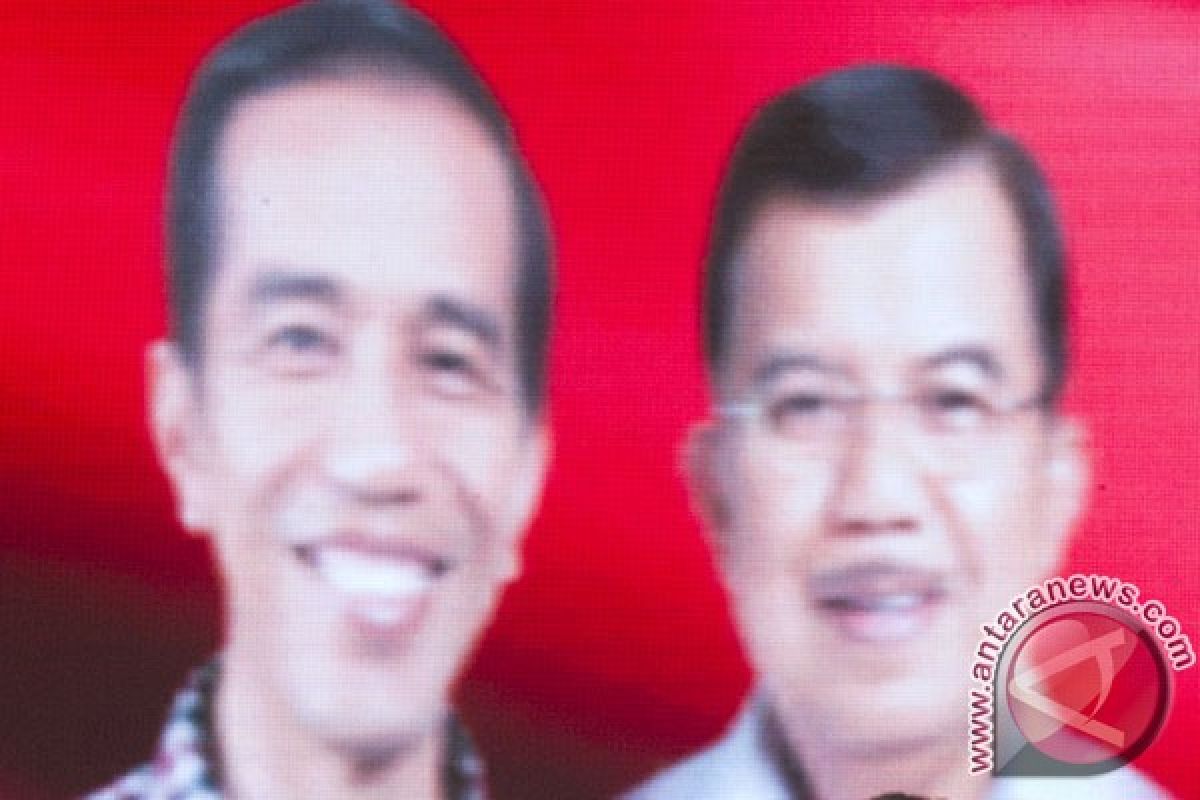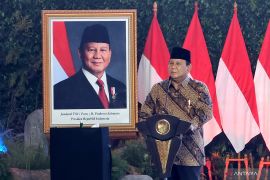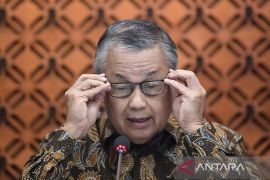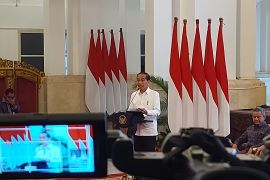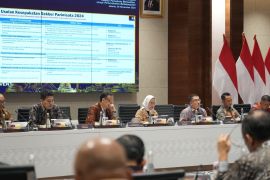The meeting was attended by vice president Jusuf Kalla, coordinating minister for economic affairs Sofyan Djalil, ministers of energy and mineral resources, public works, transportation, environment, agrarian affairs, national development planning, state enterprises, head of Investment Coordinating Board and OJK chief commissioner and deputy minister of finance.
"We are coordinating with BI (central bank) and OJK to get explanation with regard to current interest rate which is still high," minister of national development planning/head of the National Development Planning Board, Andrinof Chaniago said after the meeting at the presidential office.
He said according to BI and OJK the rate could not as yet be reduced because inflation was still high.
"The reason is still logical," he added.
Regarding continuing depreciation of the countrys rupiah currency he said it still happened because Indonesia is an importer country.
"We are still net importers. If we want to have a strong currency we must become a net exporter," he explained.
Andrinof said in the meeting President Joko Widodo had instructed strengthening the real sector to make the interest to decline and the rupiah to appreciate.
The chief commissioner of OJK, Muliaman Dharmansyah Hadad, said the meeting was needed to harmonize initiatives that would be produced.
"It is a good meeting. We will know what BI and OJK would do," he said.
Besides discussing monetary issues the meeting also discussed economic and investment development in the country.
"We also discussed economic and investment development just now to see what it would be like in the next two years," head of Investment Coordinating Board, Franky Sibarani said.
He said he reported that domestic invesment in the manufacturing sector tended to be slow but there was an increase in the service sector.
He said only around 200,000 workers had been absorbed in the past two years and so consolidation had to be done to realize the presidents vision of providing employment for two million workers.
"The growth must reach 5.8 percent and in view of that consolidation among sectors must be done," he said.
He said there must also be an investment in the labor-intensive sector to assure the absorption of two million workers.
reporting by joko susilo
(H-YH/a014/KR-BSR/A014)
Editor: Kunto Wibisono
Copyright © ANTARA 2015
